The girl who returned from Daegu but evaded quarantine and the woman who asked for an amount of VND 250,000/day to agree to quarantine are two individuals that attracted attention in a negative sense during the Covid-19 epidemic. Many people may also wonder whether the act of evading quarantine will be handled or not? If so, what document is it based on?
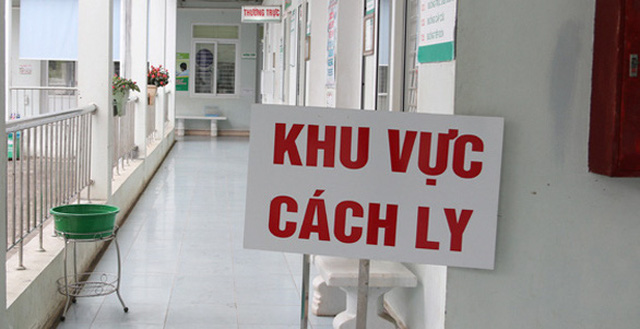
First, it must be affirmed that the behavior of the two individuals above is condemnable, disregarding the health of themselves and the community. While the world and the whole country join hands to fight the epidemic, the actions of two individuals demonstrate irresponsibility and deserve to be severely punished by the law.
The act of evading and refusing to be quarantined will be subject to administrative fines according to the provisions of Decree No. 176/2013/ND-CP of Vietnam’s Government.
Specifically, according to Point b Clause 2 Article 10 of Decree No. 176/2013/ND-CP, any of the following violations shall carry a fine of from VND 5,000,000 to VND 10,000,000:
b) Refusing to or avoiding keeping sufferers of group A diseases, the subjects in quarantine that carry group A diseases or pathogens of group A diseases.
In the worst case scenario, the act of evading quarantine causes the infection to spread to others, the violator may be prosecuted for criminal liability according to the provisions of Article 240 of the Criminal Code 2015 of Vietnam on the crime of Spreading dangerous infectious diseases in human.
The question is: Is the disease caused by the Covid-19 virus a group A infectious disease?
LawNet would like to confirm that: Yes, it is. Decision No. 173/QD-TTg on declaring the acute respiratory infection epidemic caused by a new strain of coronavirus has confirmed that the epidemic caused by the Covid-19 virus (Corona as previously called) is a group A infectious disease (according to Clause 5 Article 1 of Decision No. 173/QD-TTg).
In addition, cases of group A infectious diseases are infectious diseases that pose a global emergency risk (still according to Clause 5 Article 1 of Decision No. 173/QD-TTg), thus, mandatory quarantine or forced quarantine measures will be applied to infected individuals (according to Clause 3 Article 10 of Decree No. 176/2013/ND-CP).
Thus, it can be affirmed that Vietnamese law has a full range of sanctions from administrative to criminal to deal with individuals who evade medical quarantine. Fortunately for the girl who had just returned from Daegu and the other woman, they quickly accepted the quarantine, otherwise it would have caused unpredictable consequences not only in terms of health but also in terms of law.
Faced with the complicated developments of the epidemic, all people should follow the recommendations of the authorities and comply with the law to both protect their health and not violate the law.
Toan Trung
 Article table of contents
Article table of contents




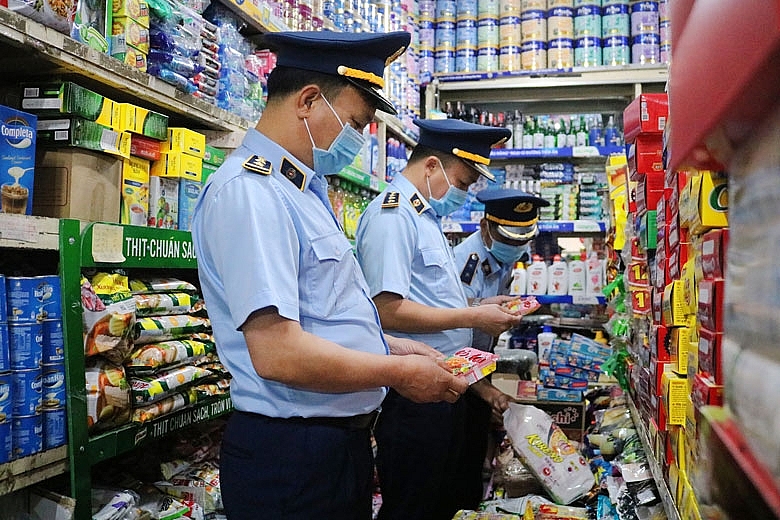

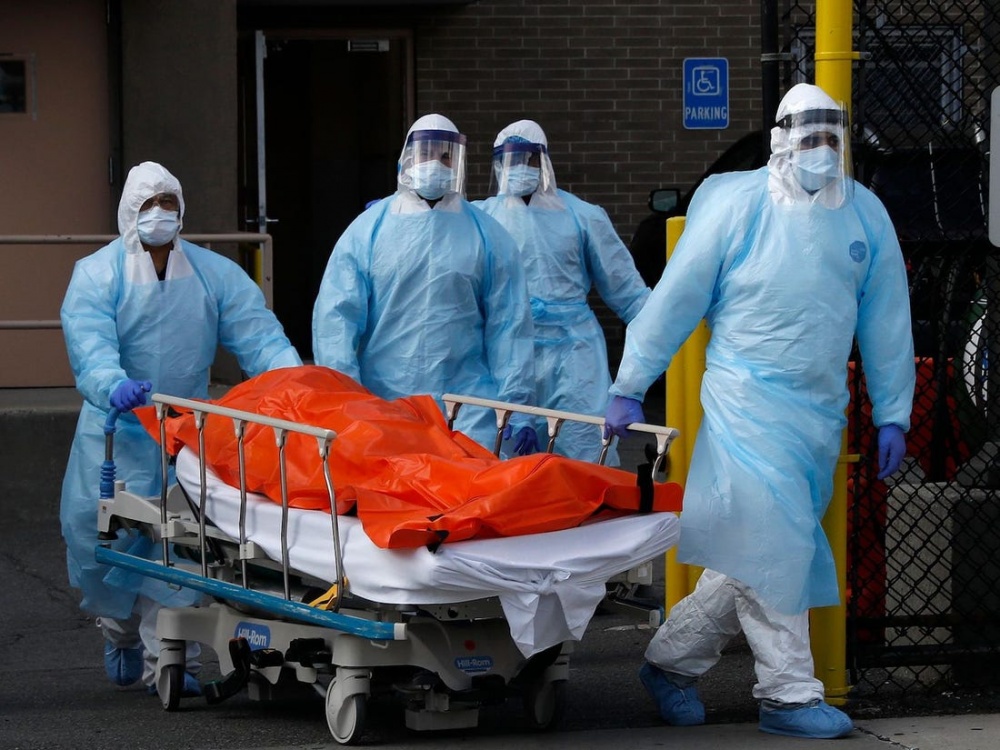
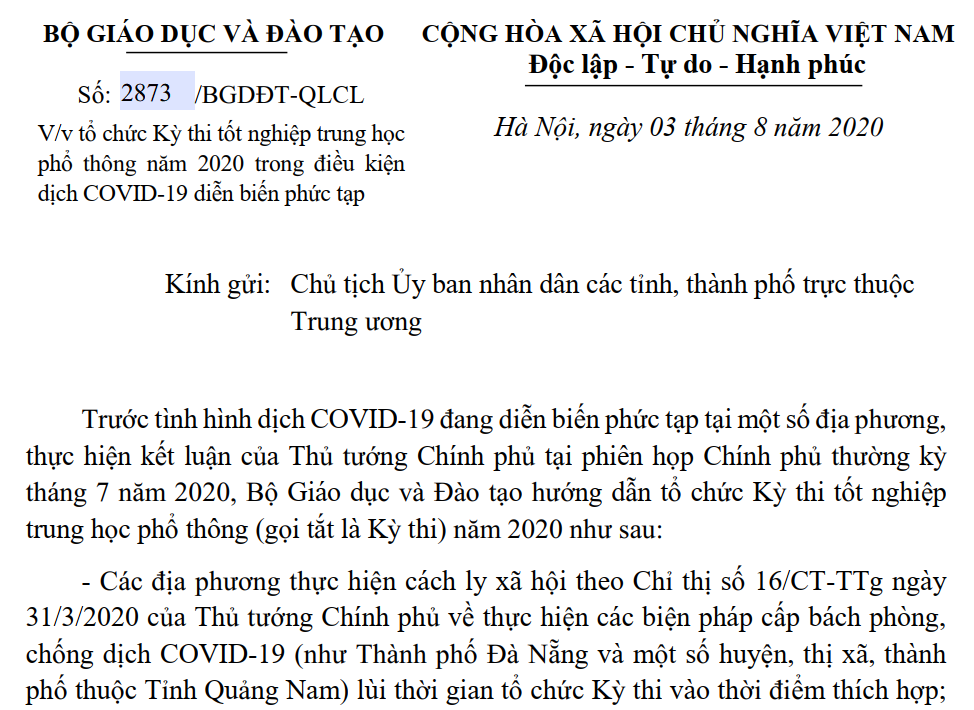
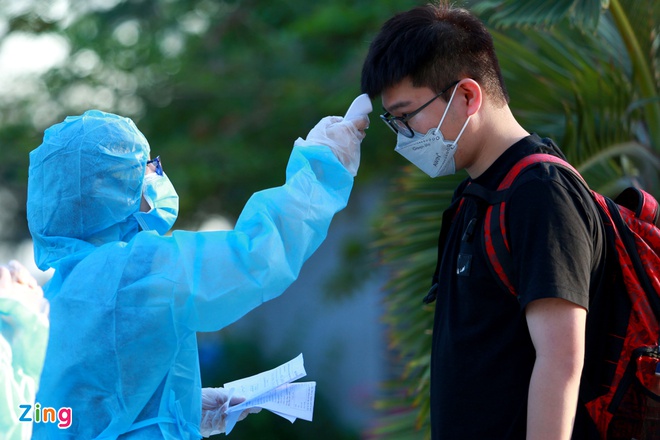

.Medium.png)
.Medium.png)
.Medium.png)
.Medium.png)
